This website uses cookies so that we can provide you with the best user experience possible. Cookie information is stored in your browser and performs functions such as recognizing you when you return to our website and helping our team to understand which sections of the website you find most interesting and useful.
Family planning and reproductive health have always been hushed subjects for youth like Fatma and Ramadan, who grew up in Gharb Suhail Village in Upper Egypt’s Aswan Governorate. In line with the Egyptian government’s 2030 vision, the USAID Strengthening Egypt’s Family Planning Program (SEFPP) uses several approaches to engage youth leaders, including training media and outreach officers from the Ministry of Health and Population (MOHP) on youth-friendly approaches around these topics.
In 2019, with SEFPP support, MOHP media officers from Aswan collaborated with local youth groups to launch Ma’ana Fe Al-Dawar (Al-Dawar), an initiative that uses art to convey family planning knowledge and gain support for its use in communities.
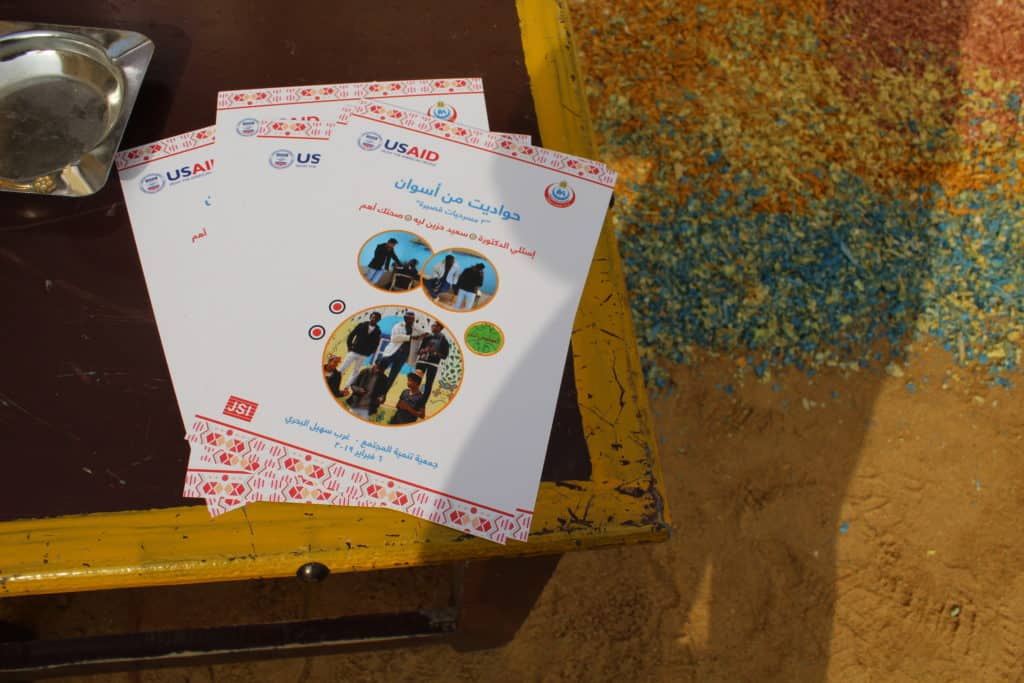
“Talking about reproductive health and rights was and is considered a taboo in my family, yet cultural interventions, like the three plays we did, are gradually changing how things stand,” Fatma explained. “The shows have opened new spaces for intergenerational dialogue in my village; not only was I able to speak about my thoughts and fears with my mother, but also, my grandmother has shown great interest in attending the show and discussing different family planning misconceptions.”
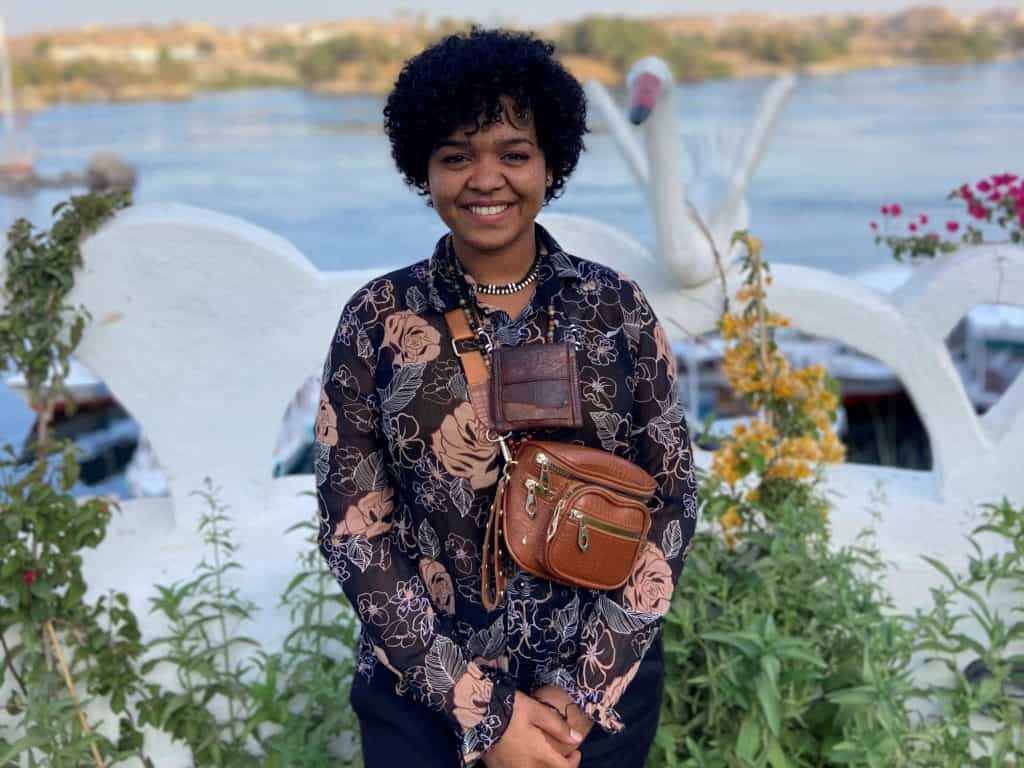
Previously, media officers focused their messages and activities on women of reproductive age only and did so by employing conventional communications methods that were ineffective in convincing beneficiaries to adopt new behaviors. With the MOHP/Family Planning (FP) Sector, SEFPP trained MOHP’s media officers to coordinate messages and activities across a variety of channels that reach multiple audiences including women, their families, and communities at large.
In 2022, SEFPP followed up with the youth groups that were part of the Al-Dawar initiative, including members Fatma and Ramadan. When asked how the program has benefited her, Fatma said the play they created was just the beginning.
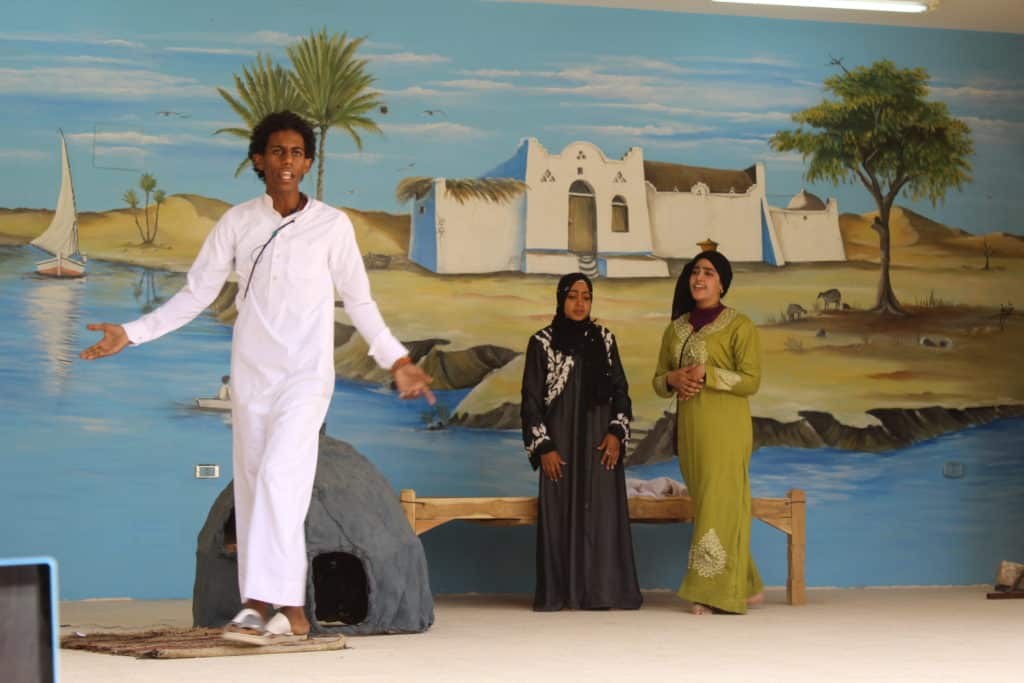
“I’ve been working in family planning and reproductive health since then,” Fatma said. “I’ve introduced an interactive theater approach in several training programs and trained up to 300 young women and men. I’ve also been studying and working with different storytelling approaches combining psychosocial support with interactive art to provide a meaningful experience.”
Ramadan also said that he used the knowledge he gained in a more informal way. He is working as a football coach, which gives him opportunities to talk about reproductive health and family planning from a variety of age groups.
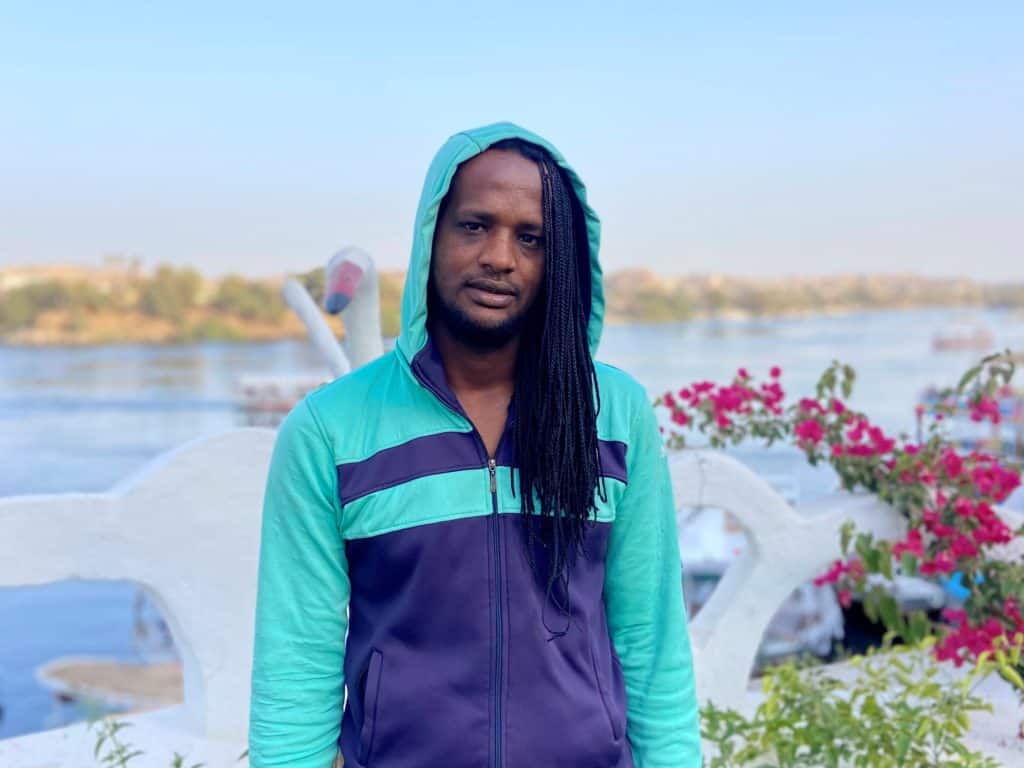
“I’m always there for anyone who needs help,” Ramadan said. “I know I can’t provide medical advice, but at least I can guide them to where they can get the right information.”
Fatma and Ramadan said that traditions that deeply influence individuals’ behavior and views must be understood before change can occur.
“I believe that art is one of the most powerful tools to fully grasp the hidden dynamics of the community as well as giving its members a real voice and a seat at the table,” Fatma said.
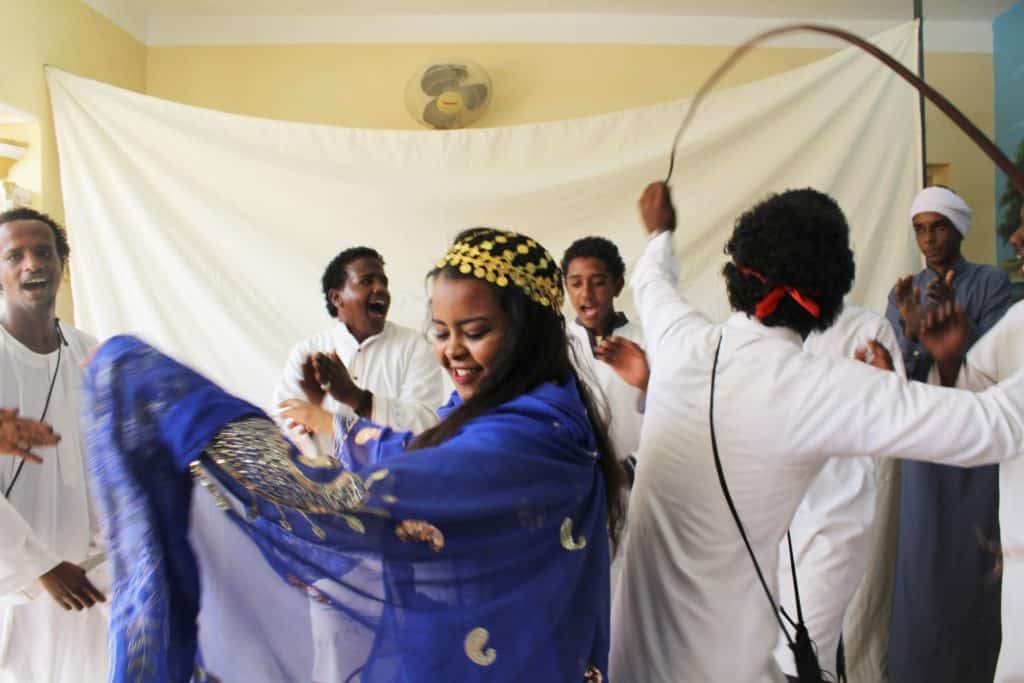
SEFPP has formally integrated the Al-Darwar initiative into MOHP media officers’ training. As of the end of June 2022, SEFPP had trained 260 MOHP media officers in 21 governorates of Egypt. Between April 1 and June 30, media officers communicated family planning messages to about 400,000 people. The MOHP and SEFPP are exploring sustainable ways to support more media officers to apply the Al-Dawar initiative throughout Upper Egypt.
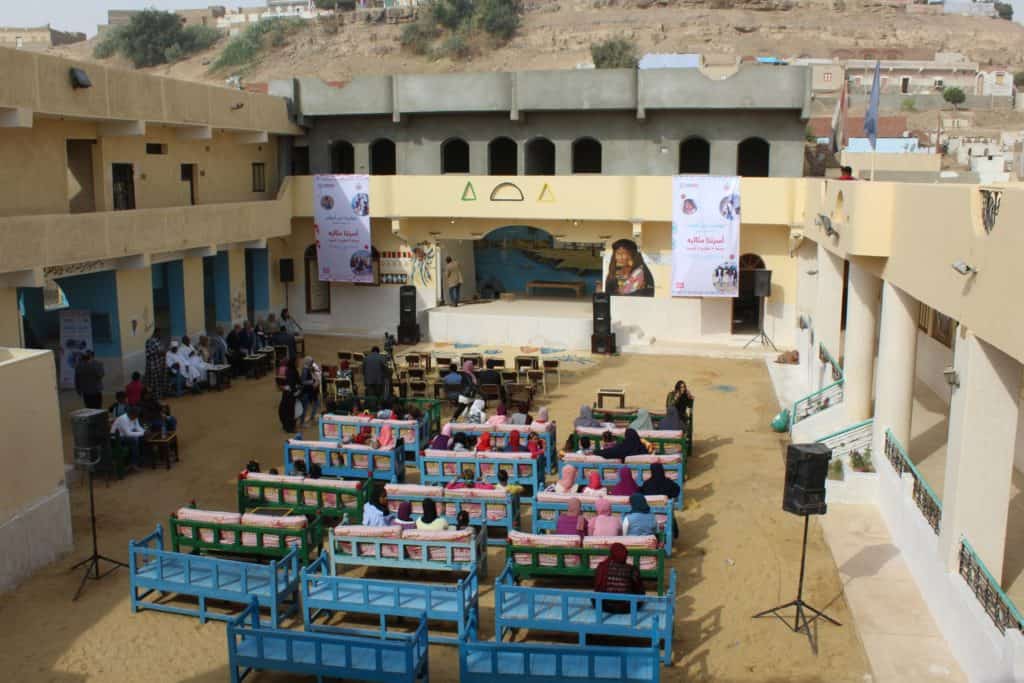
Photos by: Mostafa Mamdouh and Gihan Ismail for JSI

